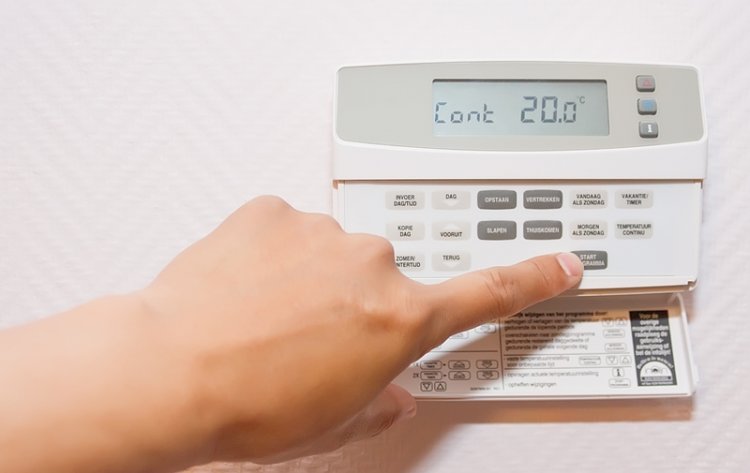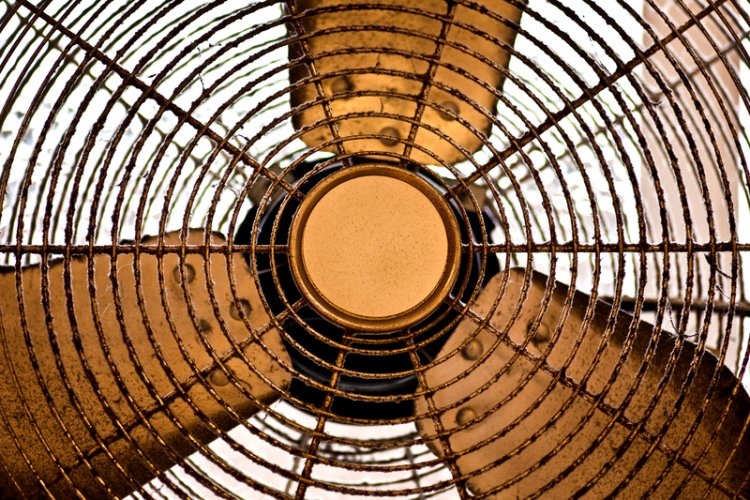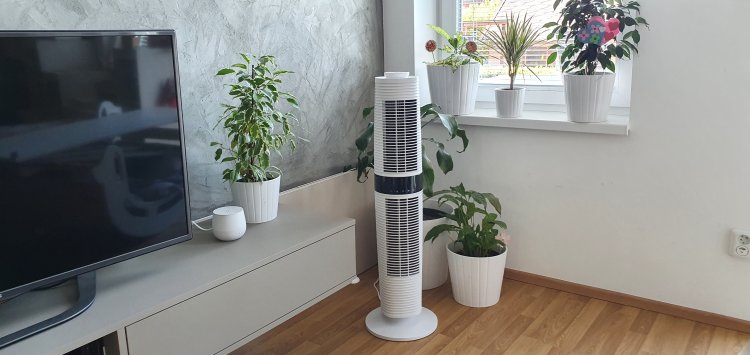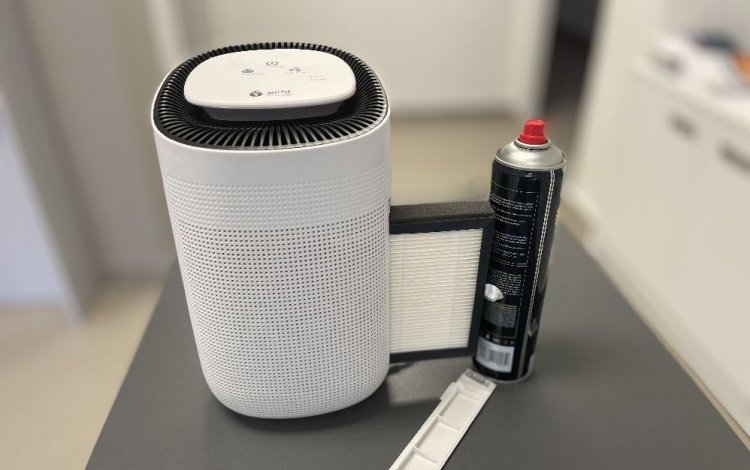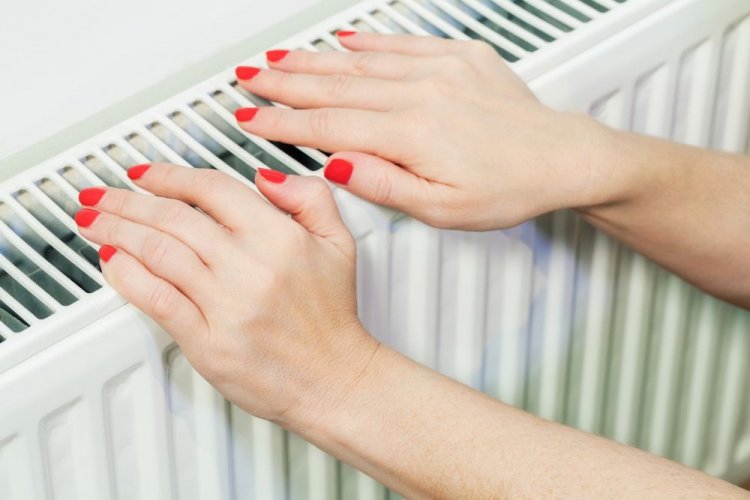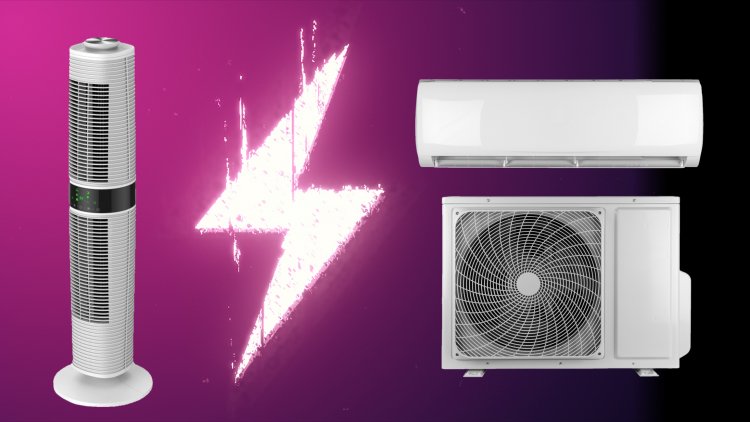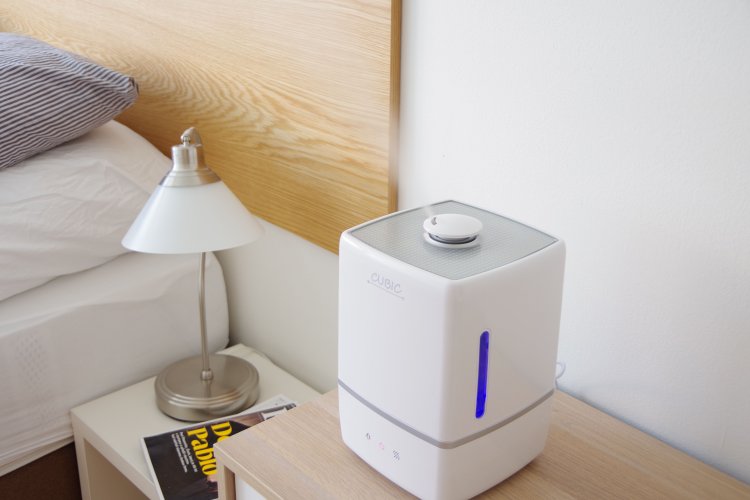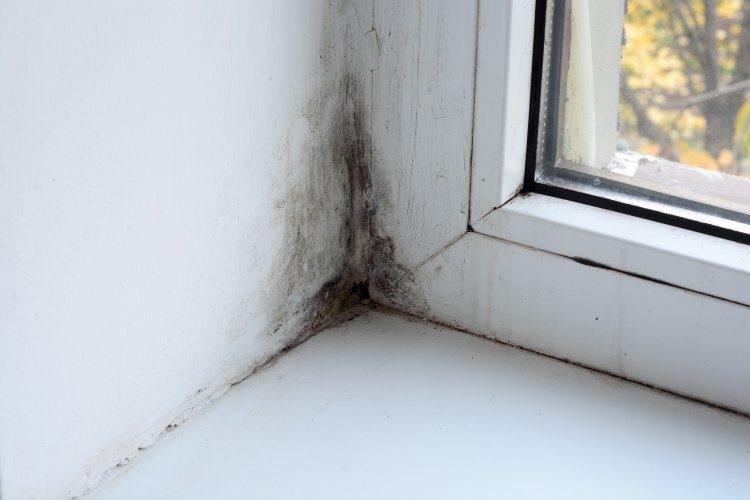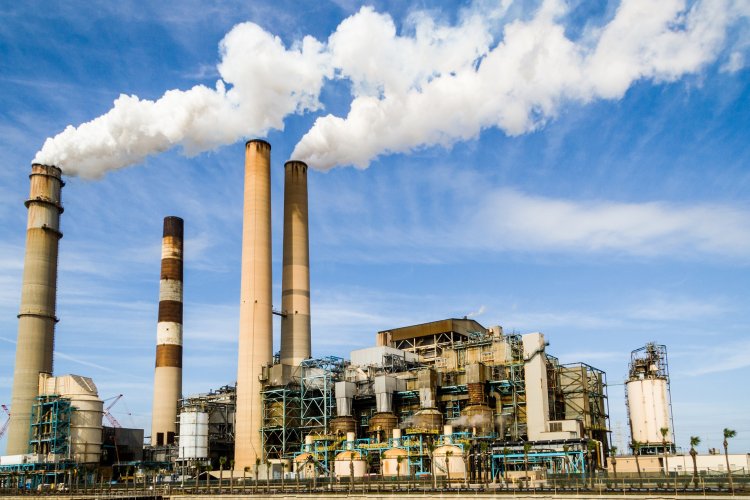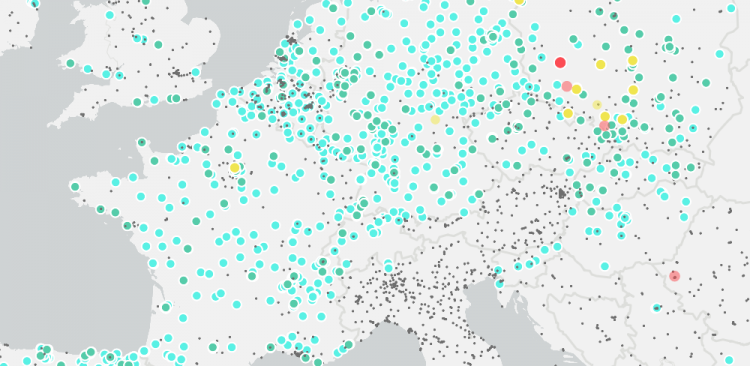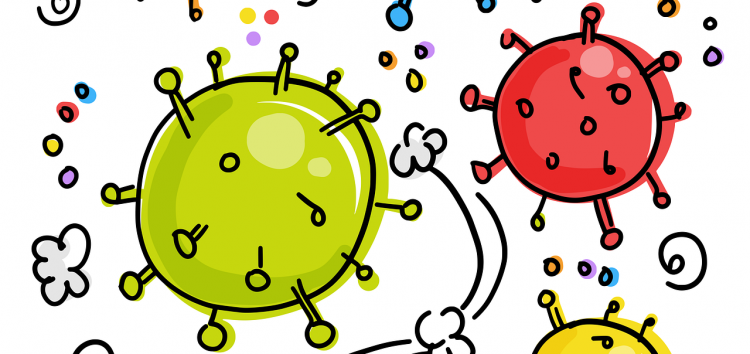

4 advantages (and 1 disadvantage) of desiccant dehumidifiers
Feb 20, 2025High humidity can be unpleasant. If you're choosing a dehumidifier, this brief overview of the advantages and disadvantages...
The World Health Organization (WHO) estimates that 9 out of 10 people worldwide inhale polluted air and exposure to polluted air is responsible for 7 million deaths a year. It is a well-known fact that long-term exposure to polluted air can seriously damage the lungs, heart and blood vessels. But you may be surprised that air quality has a significant negative effect on mental health, even from childhood.
Increased awareness of mental health problems has led people to look for their cause. Mental health disorders are more than just a state of mind. Various factors contribute to keeping our minds happy and healthy. One of them is the air we breathe and its quality.
Technological progress has played a major role in air pollution and thus threatens our physical and mental health. Harmful particles and air pollutants can enter our blood by inhalation into the lungs and thus into the brain, where it can cause significant damage in the form of nerve inflammation, damage to the nervous system or disorders of the hormonal system. Every breath of polluted air gradually disturbs the chemical balance in the brain and causes diseases such as depression, bipolar disorder or Alzheimer's disease.

Poor air quality can drastically change our lives. It can lead to some fundamental lifestyle changes, and thus affect our mental and physical health at the same time. Take the example of coronavirus. At the height of the epidemic, people often did not leave their homes for fear of contracting COVID-19. Many of us had a home office, so they left home only rarely. And when they were outside, they tried to protect themselves from the airborne infection with respirators and drapes. On the one hand, it was desirable that the infection did not spread, but on the other hand, they could not breathe fresh air or run and exercise regularly, as people used to. This form of isolation and inactivity is not natural for humans and has led to mental problems, depression and anxiety.
Pollutants such as nitrogen dioxide often disrupt a person's sleep patterns. It can also cause breathing problems or low oxygen content in the blood, leading to restlessness. If these problems persist, they increase the risk of other mental health disorders, such as depression or anxiety, etc.

Prolonged exposure to air pollution over time is likely to leave traces on your mental health. However, if the pollutants are very harmful and the person lives in an area near a factory or a busy road, mental and physical health can deteriorate more quickly. The impact of air pollution also varies by age group. For example, children are more likely to fall victim to harmful air pollutants because their immunity is not strong enough to cope with the consequences.
We spend most of our time indoors working inside buildings, which are a source of volatile organic compounds and chemicals from furniture and building materials. If you have a home or work by the road or a factory, or cigarette smoke often flies into your windows from the street, it's a good idea to adjust the air quality to avoid problems. For these purposes, the most suitable solutions are air purifiers with a replaceable filter. Depending on the application, there are different types of purifiers - for example, a device with a decent output that can be easily transferred between rooms is suitable for the home. For work, you can use either alarge-capacity purifier with a huge output, which cleans the entire open office space, or, conversely, a smaller personal purifier for a small office or work cubicle, which does not take up much space.

Air pollution may not have obvious or immediate effects, but gradually helps to worsen a person's physical and mental health. That is why it is better to pay attention to making our environment cleaner and greener so that we do not regret it later.




